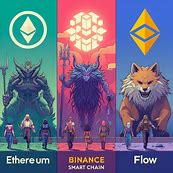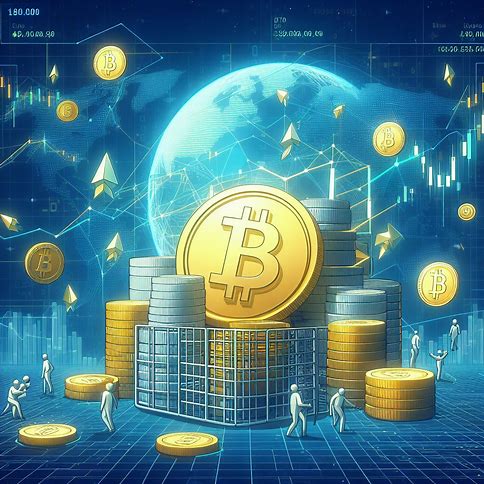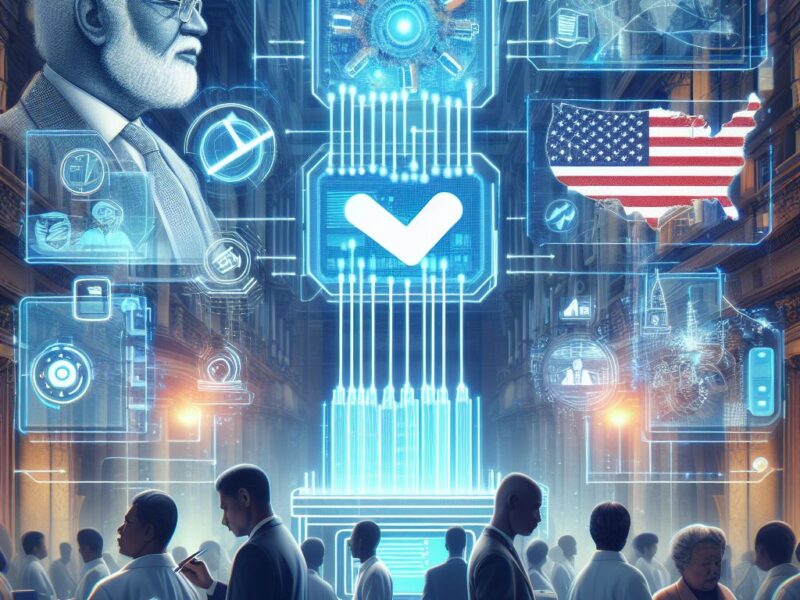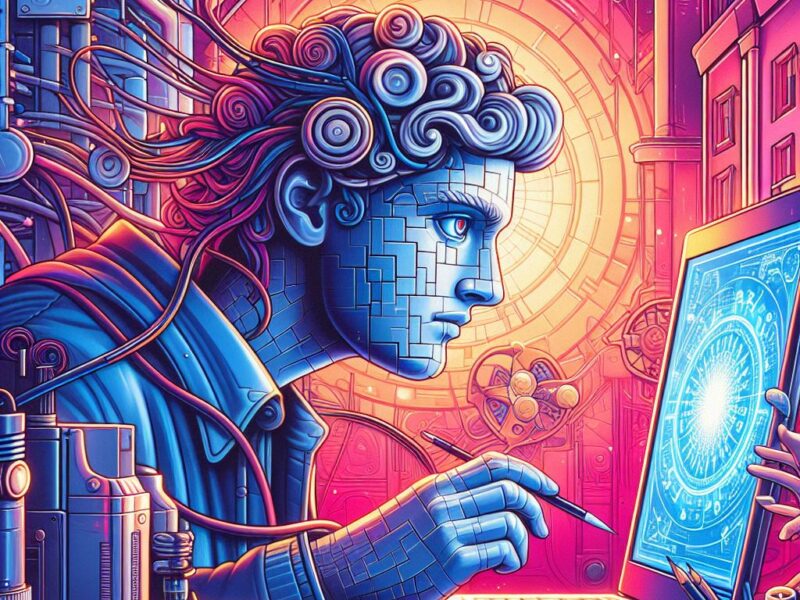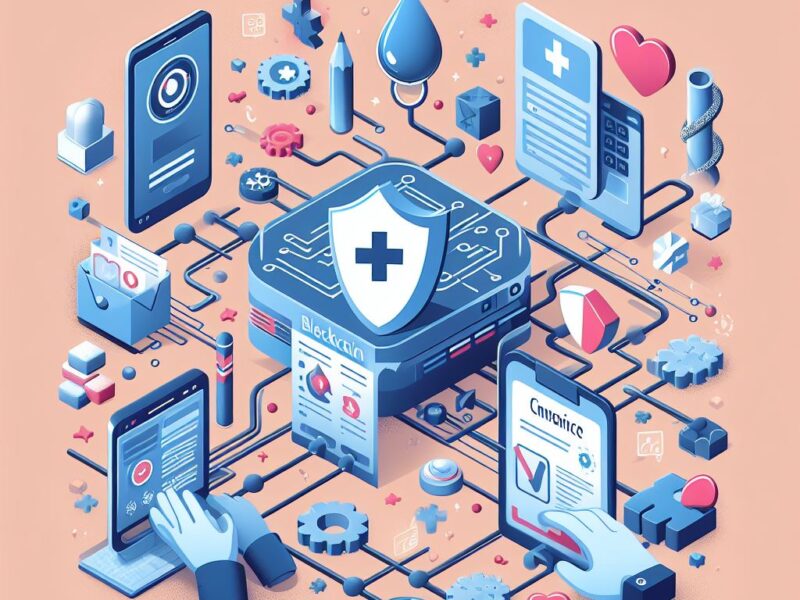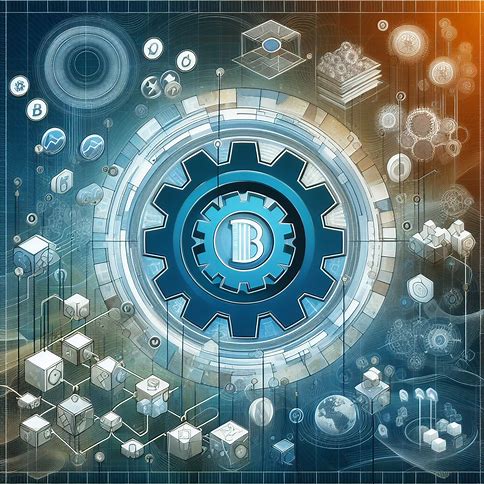NFT gaming offers players the chance to own digital assets that can be used across multiple games. With so many platforms to choose from, it can be tough to know where to start. Here are 10 best platforms for NFT gaming assets.
1. OpenSea
OpenSea is the largest marketplace for NFTs, including gaming assets. It’s a great place to start if you’re new to NFT gaming, as it offers a wide variety of assets from different games and creators. OpenSea is easy to use and has a large community of buyers and sellers.
Key Features
- Wide variety of gaming assets
- Easy to use interface
- Large community of buyers and sellers
- Supports multiple blockchains, including Ethereum and Polygon.
2. Enjin
Enjin is a blockchain platform specifically designed for gaming. It allows developers to create and manage NFTs within their games, and provides a marketplace for players to buy and sell these assets. Enjin has partnerships with several major game developers, including Microsoft and Unity.
Key Features
- Designed specifically for gaming
- Allows developers to easily integrate NFTs into their games
- Partnerships with major game developers
- Offers a marketplace for buying and selling gaming assets.
3. Axie Infinity
Axie Infinity is a popular blockchain-based game that allows players to collect, breed, and battle creatures called Axies. Each Axie is an NFT, and players can buy, sell, and trade them on the Axie Infinity marketplace. The game has a strong community and has generated significant revenue for players.
Key Features
- Popular blockchain-based game
- Each Axie is a unique NFT
- Marketplace for buying, selling, and trading Axies
- Strong community and potential for earning revenue
4. Decentraland
Decentraland is a virtual game where players can own and monetize their own land and assets. Players can create and sell a wide variety of NFTs, including avatars, wearables, and even entire experiences. Decentraland has a thriving marketplace and regularly hosts events and exhibitions.
Key Features
- Virtual world where players can own and monetize land and assets
- Wide variety of NFTs available, including avatars and experiences
- Thriving marketplace and regular events
- Decentralized ownership and governance.
Related: Cryptocurrency Exchanges With The Best Customer Support
5. Somnium Space
Somnium Space is another virtual game that allows players to own and customize their own land and assets. It has a strong focus on VR and offers a more immersive experience than some other platforms. Somnium Space has its own marketplace where players can buy and sell NFTs.
Key Features
- Virtual world with a focus on VR and immersion
- Players can own and customize land and assets
- Built-in marketplace for buying and selling NFTs
- Regular events and experiences.
6. The Sandbox
The Sandbox is a blockchain-based gaming platform that allows players to create, share, and monetize their own gaming experiences. Players can create their own games using the platform’s tools and then sell them as NFTs. The Sandbox has partnerships with several major brands, including Atari and Deadmau5.
Key Features
- Allows players to create and monetize their own gaming experiences
- Tools for creating games without coding knowledge
- Partnerships with major brands
- Marketplace for buying and selling gaming NFTs.
7. Gods Unchained
Gods Unchained is a popular blockchain-based trading card game. Each card is a unique NFT that players can collect, trade, and use in battles. The game has a strong competitive scene and regularly hosts tournaments with significant prize pools.
Key Features
- Blockchain-based trading card game
- Each card is a unique NFT
- Strong competitive scene and regular tournaments
- Marketplace for buying and selling cards
8. Sorare
Sorare is a football game that uses NFTs to represent players. Users can collect, trade, and use these player cards to create their own fantasy football teams. The value of each card is based on the real-world performance of the player it represents.
Key Features
- Fantasy football game using NFTs
- Player cards valued based on real-world performance
- Collect, trade, and use player cards to create fantasy teams
- Regular tournaments and leagues.
9. Splinterlands
Splinterlands is a blockchain-based collectible card game. Players can collect and battle with unique NFT cards, earning rewards and climbing the game’s leaderboards. Splinterlands has a unique gameplay system and a thriving marketplace for buying and selling cards.
Key Features
- Blockchain-based collectible card game
- Unique NFT cards for collecting and battling
- Earn rewards and climb leaderboards
- Active marketplace for buying and selling cards.
10. Alien Worlds
Alien Worlds is a decentralized NFT game that takes place on multiple planets. Players can collect and trade unique digital items, battle other players, and earn in-game currency. Alien Worlds has a unique governance system that allows players to have a say in the game’s development.
Key Features
- Decentralized NFT game across multiple planets
- Collect, trade, and battle with unique digital items
- Earn in-game currency through gameplay
- Player-driven governance
Key Takeaway
1. OpenSea – the largest marketplace for NFTs
2. Enjin – a blockchain platform designed specifically for gaming
3. Axie Infinity – a popular blockchain-based game with unique NFT creatures
4. Decentraland – a virtual world where players can own and monetize land and assets
5. Somnium Space – a VR-focused virtual world with customizable land and assets
6. The Sandbox – a platform for creating and monetizing gaming experiences
7. Gods Unchained – a blockchain-based trading card game with a competitive scene
8. Sorare – a fantasy football game that uses NFTs to represent players
9. Splinterlands – a blockchain-based collectible card game with unique NFT cards
10. Alien Worlds – a decentralized NFT game across multiple planets.
Frequently Asked Questions
1. What are NFTs?
NFTs, or non-fungible tokens, are unique digital assets that are verified on a blockchain. They can represent anything from art and music to in-game items and virtual real estate. Each NFT is one-of-a-kind and cannot be exchanged for another identical item, hence the term “non-fungible”.
2. How do I buy NFT gaming assets?
To buy NFT gaming assets, you’ll need to first set up a digital wallet that supports the blockchain the NFTs are on (such as Ethereum or WAX). Then, you can visit one of the many NFT marketplaces, browse the available assets, and make a purchase using the cryptocurrency associated with that blockchain.
3. Can I sell my NFT gaming assets?
Yes, one of the great things about NFTs is that they can be bought and sold on various marketplaces. If you own an NFT gaming asset that you no longer want or need, you can list it for sale on a marketplace and potentially earn some cryptocurrency in return.
4. Are NFT gaming assets a good investment?
As with any investment, there are risks involved in buying NFT gaming assets. The value of an NFT can fluctuate based on market demand, and there’s no guarantee that you’ll be able to sell an asset for more than you paid for it.
5. What games can I use my NFT gaming assets in?
This varies depending on the specific NFT and the platform it was created on. Some NFTs are designed to be used within a specific game, while others can be used across multiple games that support that particular blockchain.
6. How do I know if an NFT gaming asset is authentic?
One of the benefits of NFTs being verified on a blockchain is that their authenticity can be easily confirmed. Each NFT has a unique identifier that can be checked on the blockchain, ensuring that it is a genuine asset and not a counterfeit. Marketplaces also have verification processes in place to ensure that the NFTs listed on their platform are authentic.
